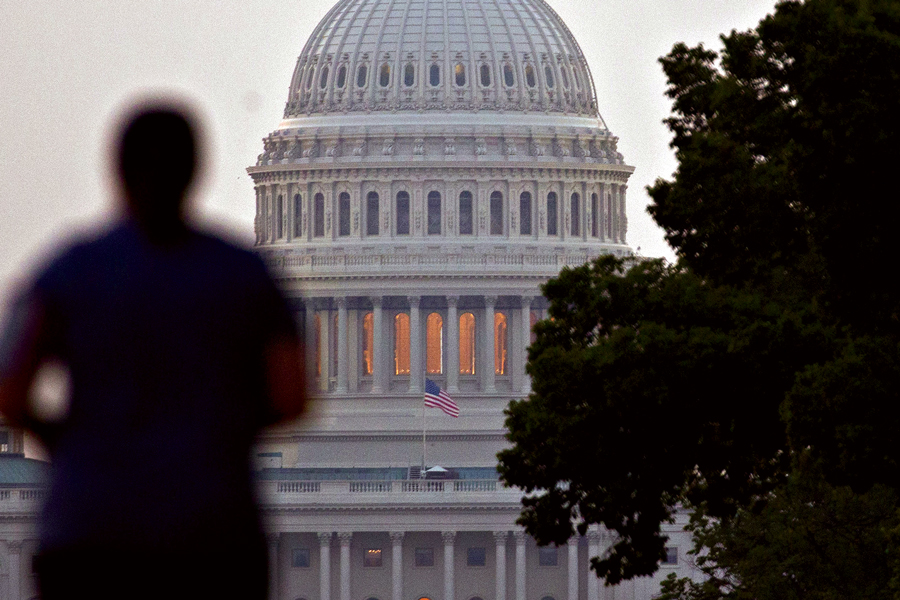A key Senate Democrat raised concerns about the Securities and Exchange Commission's investment advice reform proposal Thursday, signaling the party will resist the measure as the agency tries to settle on a final rule.
Sen. Sherrod Brown, D-Ohio and ranking member of the Senate Banking Committee, cited a
recent comment letter on the centerpiece of the proposal —
Regulation Best Interest — that questioned whether the agency had done an adequate job justifying the need for it.
"Earlier this month, 11 former senior SEC economists wrote the agency to say its proposed best interest rule had 'weak and incomplete' economic analysis — that can have a real impact on American families," Mr. Brown said at
a committee hearing. "That warning should be a red flag for this committee, and we should call on the SEC to explain."
An SEC spokesman declined to comment.
Mr. Brown, a potential Democratic presidential candidate, made the statement at the beginning of a panel meeting on a long roster of bills designed to help small business raise capital and implement corporate governance reforms.
He indicated qualms about much of that legislation and said the committee should instead explore "how we can better protect ordinary American investors who are saving for retirement."
If the SEC revisits the cost-benefit analysis underpinning the proposal, it would significantly delay a final rule, which could come out
as soon as this summer. Supporters want the SEC to move ahead quickly with Regulation Best Interest.
"Reg BI materially raises the bar for brokers and will directly benefit retail customers," Kevin Carroll, managing director and associate general counsel at the Securities Industry and Financial Markets Association, said in a statement to
InvestmentNews. "It's the right thing to do, right now."
SEC chairman Jay Clayton argues that the best-interest proposal significantly strengthens broker advice requirements from the current suitability standard. On March 14, Mr. Clayton will testify before a House Financial Services subcommittee, where he is likely to face tough questioning
from skeptical Democrats.
Other than Mr. Brown's remarks, no one at Thursday's Senate Banking Committee hearing brought up the SEC rule. The session focused on a list of 27 bills that
did not pass Congress last year but likely will be considered again this year in the new congressional session.
Among the bills on the agenda were meaures that would reform the
accredited investor standard, ease SEC regulation of small investment advisers, change
auditing requirements for small broker-dealers and require the Financial Industry Regulatory Authority Inc. to establish a fund to finance unpaid arbitration awards.
There was some tension over the arbitration bill.
Sen. John Kennedy, R-La., is a co-sponsor of last year's
Compensation for Cheated Investors Act, which was written by
Sen. Elizabeth Warren, D-Mass. Mr. Kennedy indicated his concerns about what he called a high rate of unpaid arbitration awards.
Thomas Quaadman, executive vice president of the U.S. Chamber of Commerce and head of its Center for Capital Markets Competitiveness, told senators arbitration winners should be paid by the Securities Investor Protection Corp., rather than Finra, if the losing brokers welch.
Mr. Kennedy disagreed. "SIPC isn't getting the job done," he said.
Senate Banking Committee Chairman Mike Crapo, R-Idaho, said his goal in considering the bills is "identifying areas where we can find bipartisan consensus in the new Congress."







